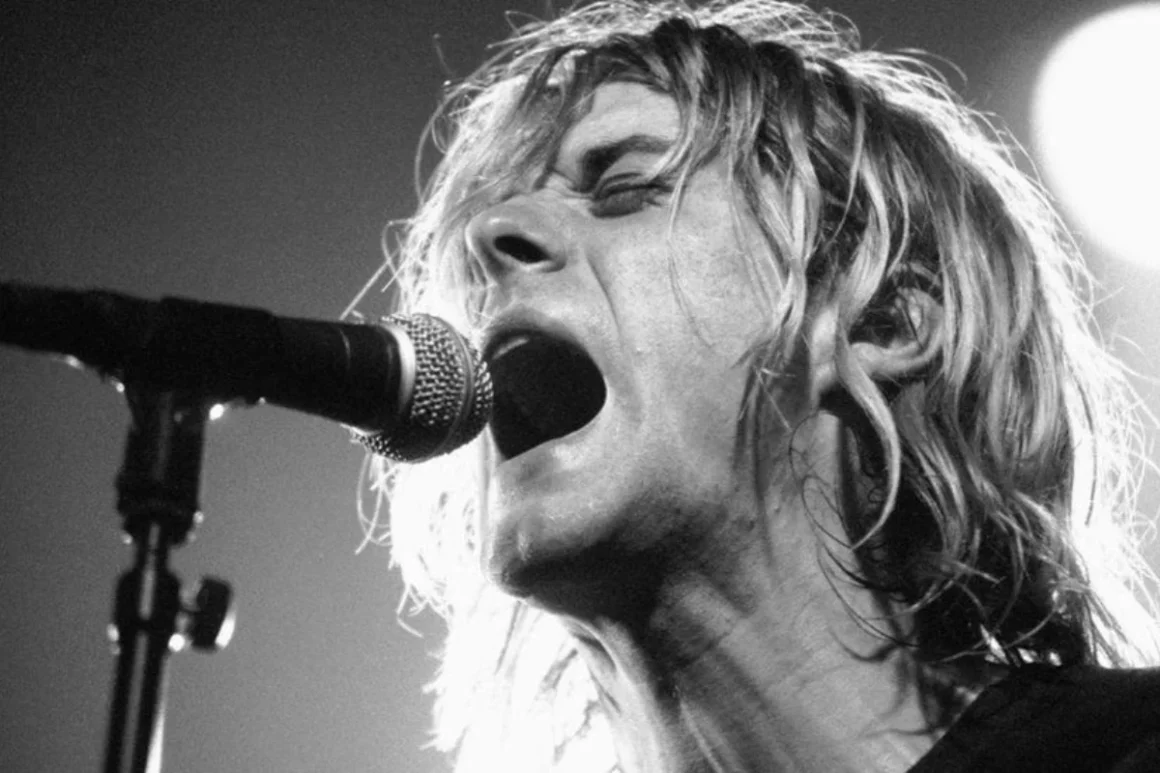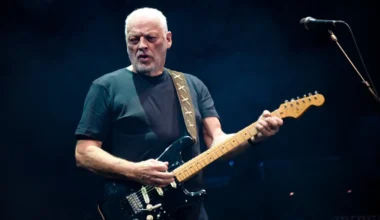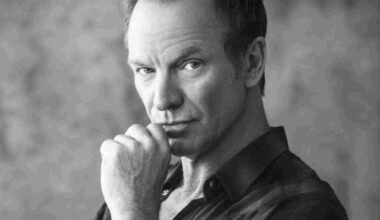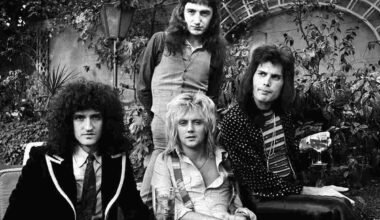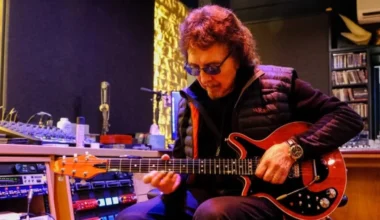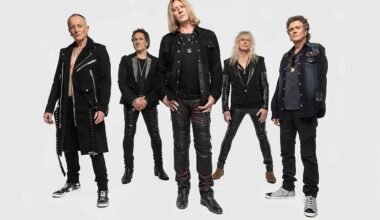When Kurt Cobain tragically passed away at the age of 27 in 1994, Metallica’s Lars Ulrich poignantly observed: “With Kurt Cobain, you felt you were connecting to the real person, not to a perception of who he was… You felt that between you and him there was nothing — it was heart-to-heart.”
This raw vulnerability made Cobain resonate deeply with a generation. His unguarded nature, free from the flashy pretenses of the time, attracted a cult following, as his authenticity cut through the superficiality of the era with punk-fueled sincerity. Today, long after his death, that sense of an honest, unfiltered connection endures. Cobain and his music with Nirvana remain a vital part of alternative culture’s iconography.
Bruce Springsteen once told Guitar World: “That’s a band that reset the rules of the game. They changed everything, they opened a vein of freedom that didn’t exist previously. The singer did something very similar to what Dylan did in the ’60s…he sounded different and got on the radio.”
Nirvana’s legacy, akin to Dylan’s, is shared by few. But one band that influenced Cobain’s musical journey from the start also happens to be one of the most enduring musical acts of all time.
“At a really early age, I wanted to be a rock ‘n’ roll star,” Cobain once said. “Ever since I got my first Beatles record, I wanted to play drums. I wanted the adoration of John Lennon but the anonymity of Ringo Starr.”
Like millions before him, the Beatles were Cobain’s introduction to music, and their presence remained a constant in his life. At Cobain’s memorial service, Nirvana bandmate Dave Grohl revealed this connection, stating: “Everyone got to celebrate Kurt’s love of The Beatles one last time together.”
In a candid moment, Grohl also spoke to BBC Radio 2 about Cobain’s farewell anthem, a song that captures his deep connection to the Beatles. “After everyone had said their piece, this next song came over the speakers. Still to this day, when I hear it, it touches a place in me that no other song ever will. It’s called ‘In My Life,’” Grohl shared.
Cobain’s appreciation for this track was no secret—he had described Rubber Soul, the album that features ‘In My Life,’ as his favorite period in the Beatles’ career.
‘In My Life’ is an autobiographical reflection written by John Lennon, chronicling his experiences with loss and love. The song’s themes mirrored Cobain’s introspective nature, as he, too, was known for his unflinching honesty in both his music and his life. The ballad’s tender look at love, memory, and personal growth resonates with the same open-hearted approach that Cobain often brought to his songwriting.
While the melancholic tone of ‘In My Life’ can feel solemn on a gray day, the song ultimately finds solace in the way memories and love can transform grief into warmth. Its lyrics serve as a poignant reminder of how love can brighten even the darkest days—much like the rare moments of joy and contentment Cobain found within his tumultuous life.
Lennon once remarked of the track, “I was writing melody with the best of them.” Cobain, too, yearned for a similar simplicity in his own music. Though Nirvana’s sound was often gritty and raw, Cobain had a remarkable ability to craft melodies that transcended the chaos.
In this way, ‘In My Life’ stands as a fitting tribute to Kurt Cobain’s life and legacy, echoing the melodic beauty that defined both Lennon’s work and Cobain’s own career.

